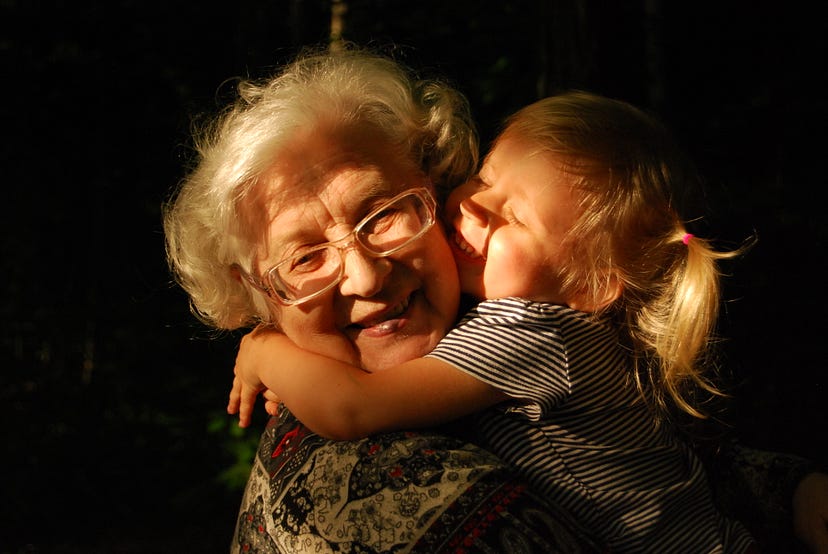Balancing life as a family caregiver is a challenging task, requiring individuals to manage their personal lives while providing care and support for their aging loved ones. It’s crucial for caregivers to establish a balance between their caregiving responsibilities and other aspects of their lives, such as work, socializing, and self-care.
One of the key aspects of maintaining balance is setting realistic expectations. Caregivers should understand that they cannot do everything on their own and that it’s okay to ask for help. They must also recognize their own limits and set boundaries to ensure they don’t become overwhelmed by their caregiving duties. Communicating openly with the person receiving care and other family members can help establish a clear understanding of everyone’s needs and expectations.
Creating a daily routine is another essential factor in achieving balance. By scheduling caregiving tasks alongside personal activities, caregivers can ensure they allocate time for their own well-being. This includes carving out time for hobbies, socializing with friends, and pursuing personal interests. Maintaining a sense of normalcy and staying connected with one’s own life is vital for avoiding burnout.
Delegating tasks and sharing responsibilities is another important strategy for balancing life as a family caregiver. Enlisting the help of other family members or hiring professional caregivers can alleviate some of the burden and provide much-needed respite. It’s also essential to explore community resources, such as adult day care centers, support groups, and volunteer services, which can offer additional assistance and emotional support.
Self-care is crucial for caregivers to maintain their physical, emotional, and mental well-being. This includes eating well, exercising regularly, getting enough sleep, and managing stress through relaxation techniques or therapy. Caregivers should also prioritize their own medical appointments and check-ups to ensure they stay healthy and able to provide the best possible care for their loved ones.
Lastly, seeking emotional support from friends, family, or support groups can help caregivers navigate the challenges of balancing their roles. Sharing experiences and feelings with others in similar situations can provide valuable insights, encouragement, and understanding.
In conclusion, balancing life as a family caregiver requires setting realistic expectations, establishing routines, delegating tasks, practicing self-care, and seeking emotional support. By prioritizing their own well-being alongside their caregiving responsibilities, caregivers can create a more sustainable and fulfilling experience for themselves and their loved ones.




